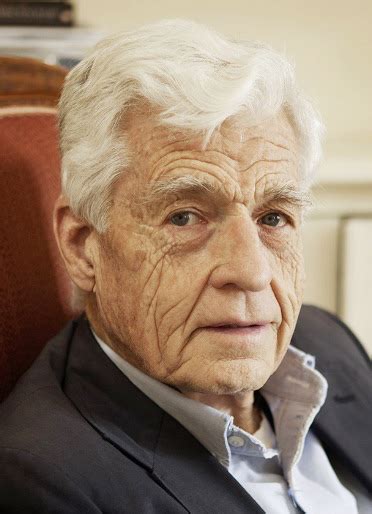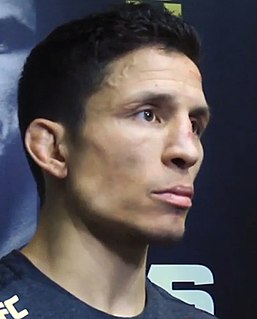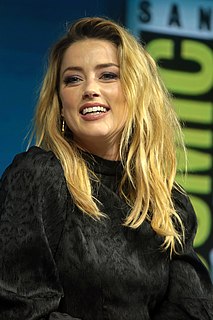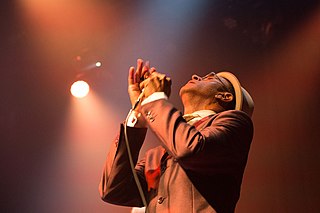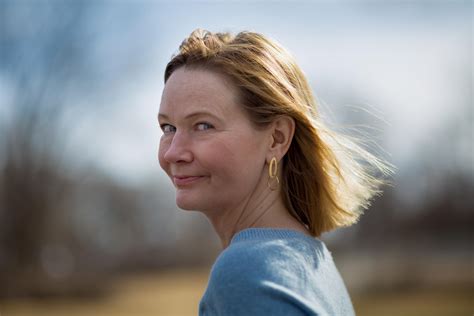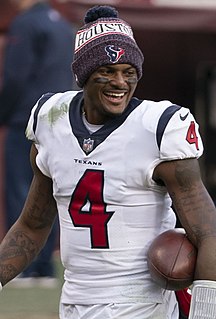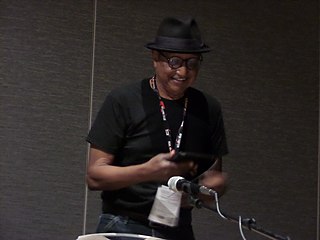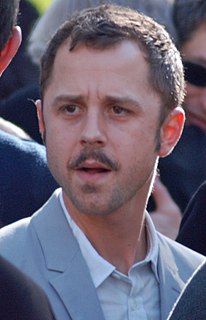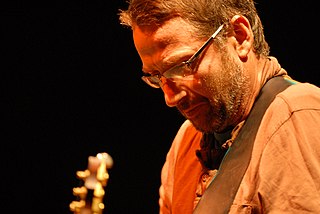A Quote by P. J. O'Rourke
We loved cars until the '70s or so. Then they became appliances. They turned into motorized cup holders. Most of it has to do with urban sprawl. What began as pleasure ends up in necessity, as so many things do.
Related Quotes
I grew up in Texas, and people love their American-made muscle cars there. I grew up around people who loved cars and took care of cars and my dad's a big car nut, so I learned a little bit about cars - how to love them, most importantly. I think that from the time I could remember, I've always envisioned myself in a vintage muscle car.
I realize at one point, that I was being followed, and then I began to see the surveillance that was going past the road on my house. And so, these cars began to surveil me. People began to follow me around, and it did, it was very disrupting to think that your privacy was being violated, and for no reason that I could come up with.
Industrial tourism is a threat to the national parks. But the chief victims of the system are the motorized tourists. They are being robbed and robbing themselves. So long as they are unwilling to crawl out of their cars they will not discover the treasures of the national parks and will never escape the stress and turmoil of the urban-suburban complexes which they had hoped, presumably, to leave behind for a while.




